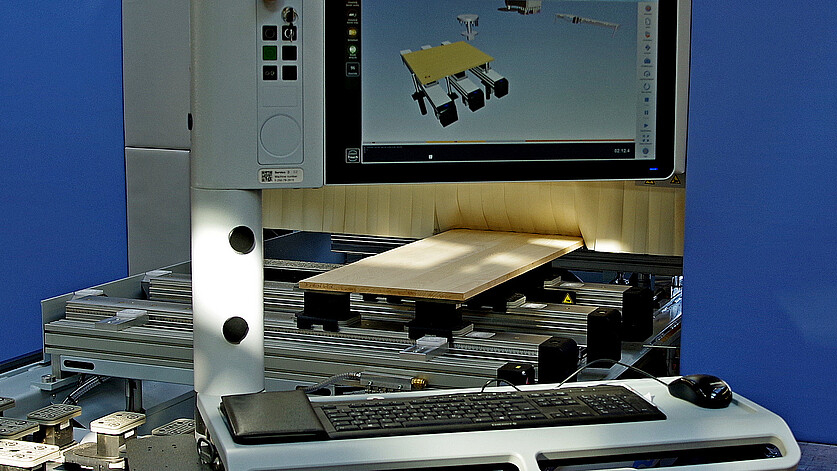The didactic research in the wood technology working group focuses on the requirements for digital teaching and learning in the light of digital transformation of learning and work processes. Questions here include:
- How are business and work processes in woodworking professions changing through the use of C-technologies in work preparation, production and assembly?
- What competencies must be promoted as a result of the digital transformation of manufacturing processes in the training of skilled workers and in further training in woodworking professions?
- Which professional processes are particularly suitable for processing in digital formats?
- How can woodworking processes that are not directly visible be made accessible for learning processes with digital media?
- What are the necessary essentials of a learning video in order to ensure the greatest possible learning success for students?
- How important is the interactivity of digital teaching materials? How can self-directed learning be supported?
- To what extent can student experiments be replaced by experiment videos? How does this affect learning success?
- How is the role of teachers changing against the background of increasing digital independence of learners?








